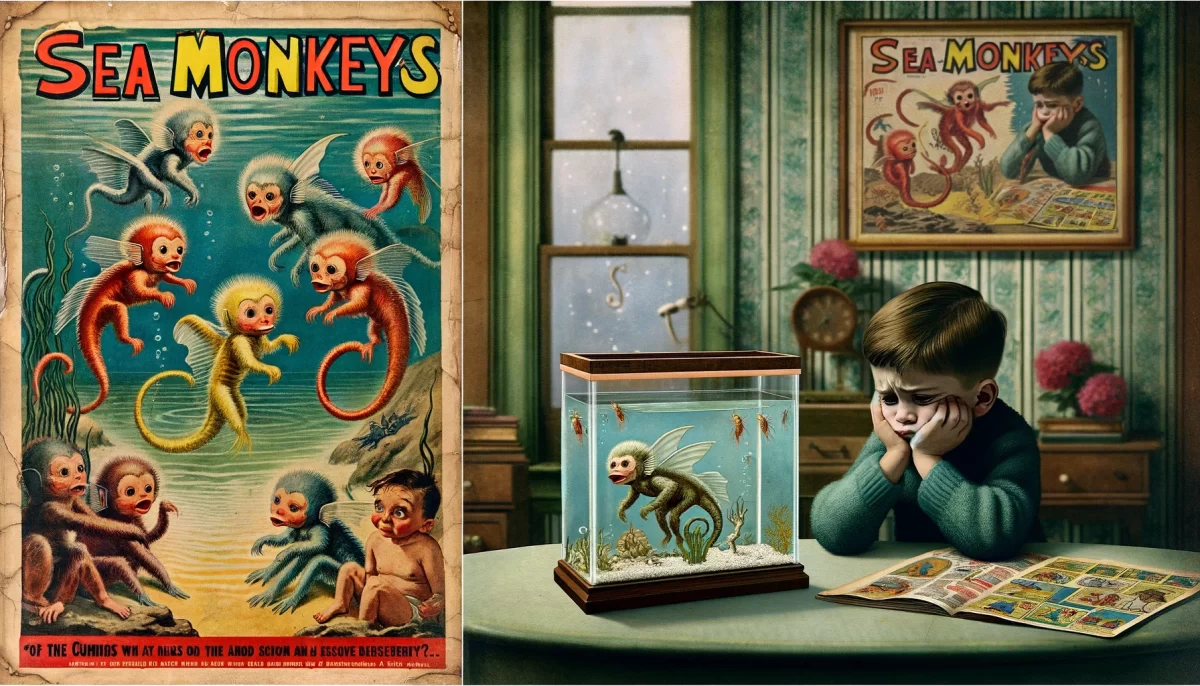Living Well
Though it is said
that living well
is the best revenge,
not needing revenge
is the key to living well.
We do not need
to show each other
the errors of our ways.
There is no such thing as an error.
Everything in life is intentional.
What we perceive as wrongs
are perceived as “rights” by others.
Your Bill of Wrongs
has the freedom to exist
next to my Bill of Rights,
and vice versa.
Neither need change the other.
Unless we BELIEVE that it does.
Then we seek
our rights
our retribution
our revenge,
completely forgetting
that revenge
could be as wrong
as the wrong it seeks
to oppose.
So we can never live well
while we harbor revenge
in our hearts.
Revenge
has nothing to do
with living well.
Perhaps we mistake
our vengeful version of living well
for actual abundance..
This kind of living well
always reveals its flip side.
Vengeance is not useful,
except for the blessed experience
of falling out of living well.
The key to living well
is not judging what is well.
Or needing to have the key.
And so we live.
Seemingly.
We are Space Monkey.
5/21
Space Monkey Reflects: The True Essence of Living Well Beyond Vengeance
Living well, often touted as the best form of revenge, harbors a deeper insight that transcends the superficiality of retribution. “Though it is said that living well is the best revenge, not needing revenge is the key to living well.” This profound statement invites a reevaluation of what it means to live well, suggesting that genuine contentment and peace are achieved not through proving oneself against others but through transcending the very notion of opposition.
The essence of living well is encapsulated in the recognition that life does not inherently contain errors, only varying intentions and perceptions. “Everything in life is intentional. What we perceive as wrongs are perceived as ‘rights’ by others.” This perspective challenges us to see beyond binary judgments of right and wrong, inviting a more inclusive understanding that respects diverse viewpoints and experiences.
The symbolic depiction of two individuals sitting across from each other, each holding a contrasting ‘Bill of Wrongs’ and ‘Bill of Rights,’ illustrates the possibility of peaceful coexistence amidst differing beliefs. The unlit candle between them signifies that potential conflicts are kept at bay not by suppressing or overcoming differences but by acknowledging and respecting them.
This tableau teaches us that vengeance and the pursuit of proving others wrong are not only futile but also detrimental to the concept of living well. “Vengeance is not useful, except for the blessed experience of falling out of living well.” It highlights that retaliation, even when masked as justice or correction, often perpetuates cycles of conflict and detracts from the quality of our lives.
To truly live well, we must embrace a philosophy of non-judgment and acceptance, recognizing that our need for revenge or validation through contrast is a departure from genuine well-being. “The key to living well is not judging what is well. Or needing to have the key.” This realization opens up a pathway to a richer, more fulfilling life experience that is not contingent upon external validation but is rooted in internal peace and acceptance.
Living well, therefore, is not about achieving a state of superiority over others but about cultivating an inner harmony that resonates with the fundamental interconnectedness of all beings. It is about creating an existence where the pursuit of personal and communal good transcends the petty squabbles of ego and retribution.
Summary
True living well is achieved not through vengeance or proving oneself but through transcending opposition and embracing a life of non-judgment and acceptance. This approach fosters genuine contentment and peace.
Glossarium
Living Well: A state of being that involves inner peace and contentment, achieved through understanding and acceptance rather than conflict or retribution.
Non-Judgment: The practice of refraining from making judgments about others’ actions and beliefs, emphasizing understanding and empathy.
“To dwell above the conflicts of duality, to live in harmony with all that is—this is the art of living well.” — Space Monkey
In the garden of life, where different truths bloom
Two souls sit quietly, dispelling the gloom
With scrolls in hand, they share the light
In their peaceful silence, they unite
No flame of conflict, no spark of fight
Only the calm of respecting each other’s right
For in the acceptance of each unique view
Lies the secret to living well, ever true
In this serene meeting, wisdom’s key
Is found in letting each other be
For the richest life, the truest wealth
Is found in the peace within oneself
We are Space Monkey.




















The poem “Living Well” explores the concept of living a fulfilling life and challenges the notion that revenge or seeking retribution is necessary for personal well-being. The poem suggests that true living well lies in not needing revenge in the first place.
The speaker emphasizes the idea that there are no true errors in life and that everything is intentional. What one person perceives as wrong may be seen as right by someone else. The poem emphasizes the coexistence of different perspectives and the freedom for each to exist without the need to change or oppose one another.
The poem delves into the concept of revenge and how it can hinder one’s ability to live well. The pursuit of revenge is seen as a cycle that perpetuates negativity and distracts from a fulfilling life. The speaker highlights the dangers of revenge and the potential for it to become as wrong as the initial wrongdoing it seeks to oppose.
The poem suggests that revenge is incompatible with living well and can hinder one’s ability to experience abundance and fulfillment. The vengeful version of living well is seen as a distortion that ultimately reveals its negative consequences.
The key to living well, according to the speaker, lies in not judging what is well and not feeling the need to possess the key to living well. It emphasizes the importance of accepting life as it is and embracing the present moment without the burden of revenge or the pursuit of justice.
The poem concludes with the affirmation of living, seemingly, as Space Monkey. This identification with Space Monkey suggests a sense of playfulness, freedom, and embracing the infinite possibilities of existence.
Overall, the poem invites reflection on the nature of living well and challenges the notion of revenge as a means to achieve personal satisfaction. It encourages a shift in perspective and a focus on acceptance, non-judgment, and the freedom from the burden of revenge.